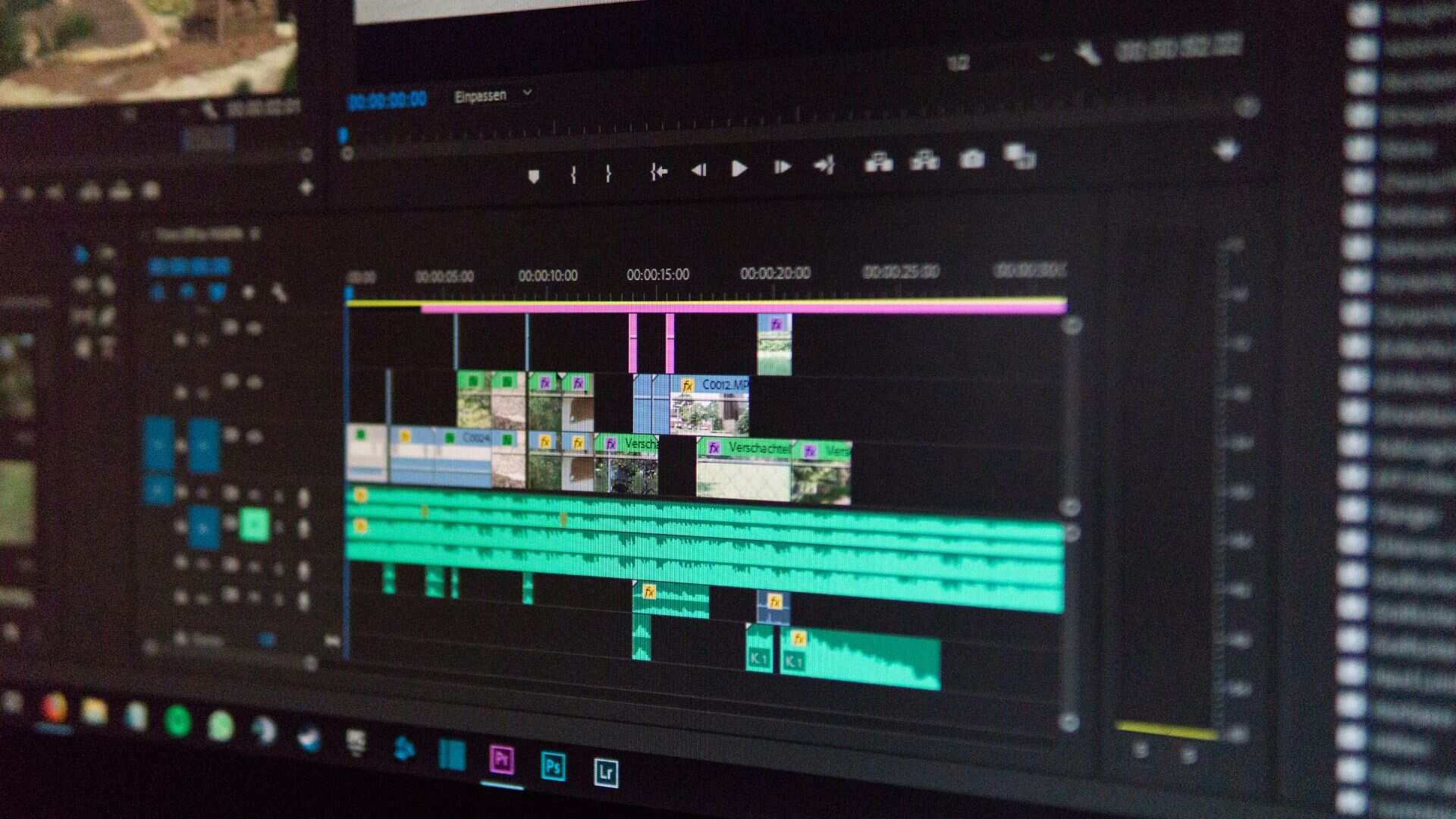How to Become a Professional Video Editor
Video content is dominating social media, marketing, entertainment, and even the educational field. You can find videos everywhere, from short-form TikTok reels to cinematic films. Due to the trend of videos in the market, there is a high demand for professional video editors. Shaping the way audiences experience visual storytelling.
Have you been impressed by a seamless transition, a powerful montage, or a perfectly timed use of elements? It's obvious that you have seen the magic of video editing; however, the question is, how do you turn that magic into a career? In this blog, we are going to guide you to become a professional video editor.
Understanding the Role of a Professional Video Editor
First of all, you need to understand the role of a professional video editor; it is more than someone who cuts and trims video clips. They:
• Craft a story from raw footage.
• Maintain pacing to keep viewers engaged.
• Balance visuals, sound, and motion graphics for emotional impact.
Common editing projects include:
• Films & documentaries for movies and media houses.
• Commercials & advertisements for agencies and organizations.
• YouTube & social media content for personal branding and vlogging.
• Event videos (weddings, concerts, corporate events) as a freelancer or business.
• Training and educational videos to educate people and beginners.
Pro Tip: Great editors don’t just follow instructions—they bring creative ideas to enhance the final product.
Essential Skills Every Video Editor Must Have
Here are the most essential skills to become a professional video editor in Nepal.
Technical Skills
• Mastery in powerful editing software like Adobe Premiere Pro, Final Cut Pro and more.
• Color grading to make an attractive tone and mood to match storytelling.
• Editing sound to balance audio, removing background noise and syncing dialogue.
• Knowing how to export in the right setting for file formats and codes for each platform.
Creative Skills
• Creating the flow from the clip for storytelling, even from unrelated clips.
• Understanding the pace and when to speed up or slow down footage for maximum impact.
• Attention to details, spotting tiny continuity errors before anyone else does.
Learning Path to Become a Professional Video Editor
Here is how you can be a professional video editor:
Step 1: Learn the basics through YouTube tutorials or platforms like Skillshare, Coursera, and Udemy.
Step 2: Choose your primary editing software and stick with it until you’re confident.
Step 3: Practice with real footage — you can download free stock videos from sites like Pexels and Mixkit.
Step 4: Learn supporting skills like motion graphics in After Effects or basic sound design.
Step 5: Build a portfolio with 3–5 of your best projects and a professional showreel.
Tools & Software to Master in 2025
• Adobe Premiere Pro – Industry gold standard for professional work.
• Final Cut Pro – Perfect for Mac workflows and speed.
• DaVinci Resolve – Best for advanced color grading and free beginner access.
• After Effects – For motion graphics, animations, and visual effects.
• Audio Tools—Adobe Audition, Logic Pro, or Audacity for sound editing.
Building Your Portfolio & Online Presence
Your portfolio is your digital resume. Here’s how to make it shine:
• Create a showreel under 90 seconds, featuring your best work.
• Upload to Vimeo, YouTube, or Behance.
• Maintain an updated LinkedIn and connect with production professionals.
• Network in online communities like Reddit’s r/editors or Facebook groups for filmmakers.
Career Opportunities for Video Editors in 2025
Full-time roles: you can work as a full-time employee in media houses, advertising agencies, or corporate marketing teams.
Freelance & contract roles: You can collaborate with influencers, brands, and production companies to promote their brands.
Specialized niches: You can select specific niches like wedding films, sports highlight reels, short documentaries, and music videos as a business or with brands and companies.
Challenges & How to Overcome Them
Every profession has some challenges, but we can overcome them if we handle them with care and smartly. In video editing, there might be certain challenges, like
• Tight Deadlines: Sometimes you need to work extra to maintain deadlines, so use project management tools like Trello or Jira.
• Creative Blocks: Watch other editors’ work for inspiration and try to be creative and innovative.
• Software Updates: This can be another headache for the video editors. Stay updated with new features to remain competitive.
Conclusion
A professional video editor needs to have a set of technical skills, creativity, and adaptability. The industry is evolving, but video content consumption continues to rise—meaning your skills will always be in demand.
If you’re ready to turn your creativity into a career, start learning, keep practising, and never stop experimenting. Your next edit could be the one that goes viral. If you're interested in learning about video editing training in Nepal, explore this resource.
Recent Post
-
 03 Feb 2025
03 Feb 2025How to Become a Plumber in Nepal
-
 11 Aug 2025
11 Aug 2025Common Digital Marketing Mistakes to Avoid
-
 13 Aug 2025
13 Aug 2025The Impact of AI on the Future of Graphic Design
-
 13 Aug 2025
13 Aug 2025How to Secure Your WordPress Site from Hackers
-
 14 Aug 2025
14 Aug 2025Common AC Problems and How to Fix Them
-
 14 Aug 2025
14 Aug 2025Career Opportunities in Motor Rewinding in Nepal
-
 17 Aug 2025
17 Aug 2025Different Types of Welding and Their Uses
-
 18 Aug 2025
18 Aug 2025How to Plan and Install Industrial Wiring
-
 19 Aug 2025
19 Aug 2025Latest automobile technologies in 2025
-
 19 Aug 2025
19 Aug 2025Top Tools Every Motorbike Mechanic Need





